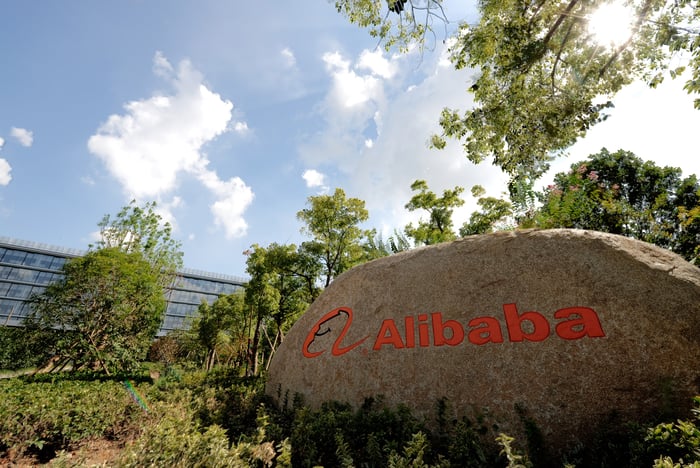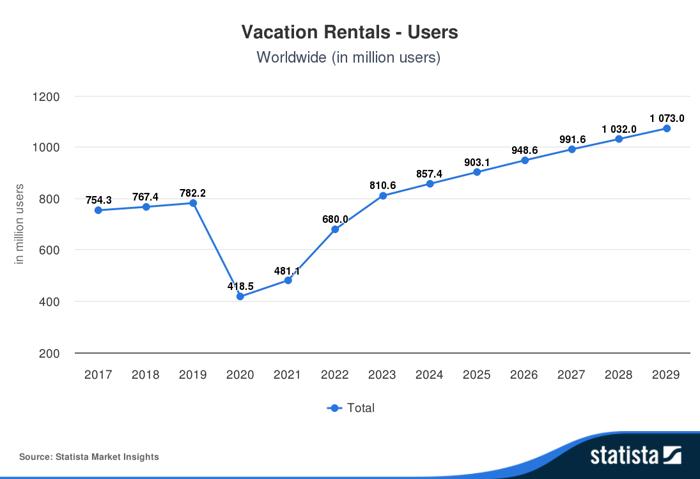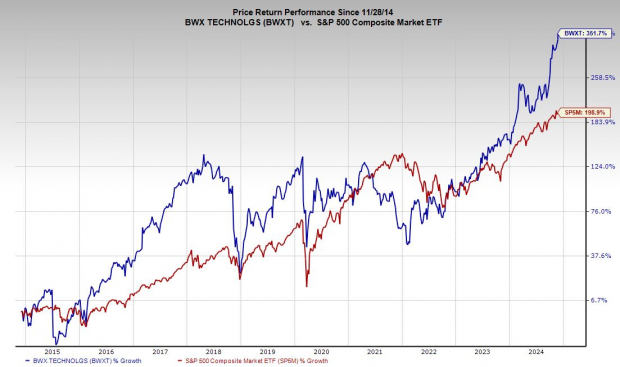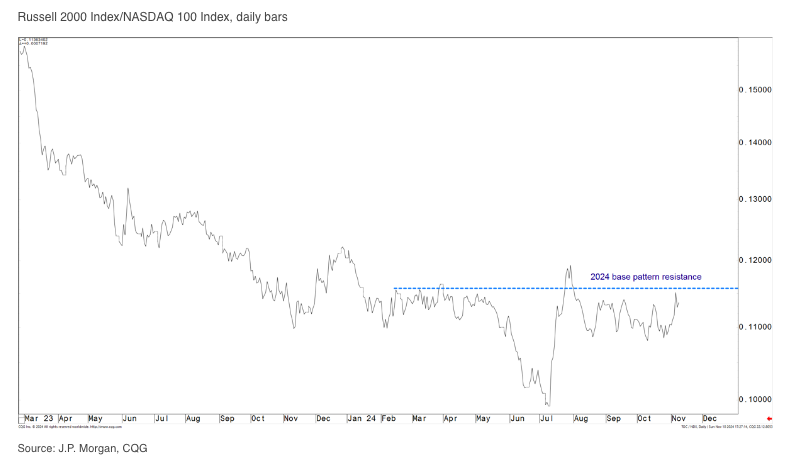Alibaba (NYSE: BABA), had an impressive stock market debut with a record-breaking IPO in 2014. The company achieved a valuation of $169.4 billion and its stock soared to an all-time high of $312.87 in 2020. Fast forward to January 2024, and Alibaba’s stock closed just above its IPO price at $68.05, marking a steep decline from its peak.
As of the latest update, Alibaba’s stock has recovered to $74, but it remains significantly below its historical highs. What led to this significant downturn?
1. Revenue Growth is Stabilizing
In fiscal 2023, Alibaba’s revenue growth was stagnant, with only a 2% increase. The company’s core e-commerce and cloud businesses faced significant challenges. However, in the first six months of fiscal 2024, revenue climbed by 11% year over year. Analysts project a 9% full-year growth. A key contributor to this stabilization is the rapid expansion of Alibaba’s international digital-commerce business, encompassing platforms like Lazada, Trendyol, and AliExpress. This overseas growth has helped counterbalance declining growth in its Chinese marketplaces, Taobao and Tmall, facing fierce competition from rivals such as Pinduoduo and JD.com.
While Alibaba’s cloud business showed modest growth in the first half of fiscal 2024, there is potential for acceleration as the macro environment improves. Additionally, Alibaba’s smaller business units, including logistics, local services, and digital media, continue to experience double-digit growth. Analysts anticipate an 8% CAGR in Alibaba’s revenue from fiscal 2023 to 2026, signaling a slower but steady growth trajectory for the company.
2. The Stock is a Bargain
Alibaba’s cooling revenue growth prompted a strategic reduction in costs to bolster its margins. The company’s restructuring into six separate divisions, each led by different CEOs, positions it to raise capital through spin-offs and IPOs in the coming years. Alibaba’s operating margin expanded from 8.2% in fiscal 2022 to 11.6% in fiscal 2023, with analysts forecasting a rise to 15.1% in fiscal 2024. Furthermore, the company’s earnings per share (EPS) are expected to grow at a CAGR of 31% from fiscal 2023 to 2026. Despite these promising indicators, Alibaba’s stock is trading at just 10 times next year’s earnings, making it a compelling investment opportunity, provided it can overcome its current challenges.
3. Insider Buys and Big Buybacks
Alibaba’s co-founders, Jack Ma and Joseph Tsai, recently invested $200 million in company shares, signaling their confidence in Alibaba’s future. Additionally, the company initiated a significant buyback, repurchasing $4.8 billion in shares during the first half of fiscal 2024.
Investors Need to Tune Out the Near-Term Noise
Although Alibaba appears undervalued at present, it could remain volatile amidst concerns over China’s economic growth and escalating U.S.-China tensions, impacting the valuations of Chinese stocks. However, investors with a long-term perspective could stand to gain substantial returns as Alibaba stabilizes its revenue, diversifies its business, boosts its operating margins, and continues its share buyback program.
Should you invest $1,000 in Alibaba Group right now?
Before making any investment decisions, it’s worth noting that the Motley Fool Stock Advisor analyst team recently identified what they believe are the 10 best stocks for investors to buy now, with Alibaba Group not included in their list. The service has a track record of outperforming the S&P 500 since 2002, providing investment guidance and regular updates from analysts.
*Stock Advisor returns as of January 22, 2024
Leo Sun has no position in any of the stocks mentioned. The Motley Fool has positions in and recommends JD.com. The Motley Fool recommends Alibaba Group. The Motley Fool has a disclosure policy.




